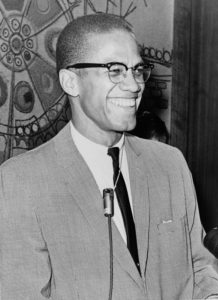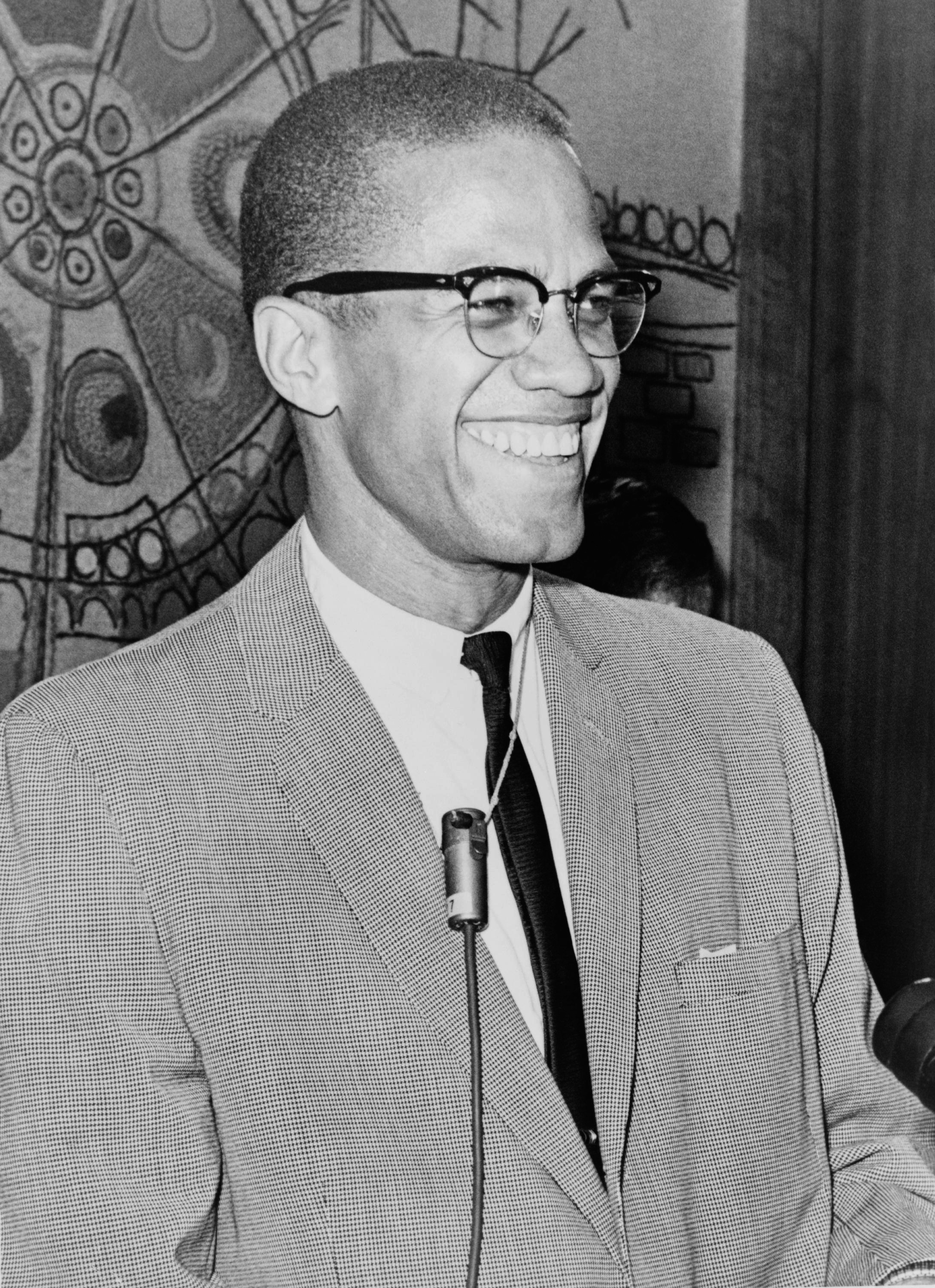By Vanity “Vee” Shields
In the pursuit of creating equitable campus practices, we are often stuck between a rock and a hard place. It’s time we chipped away at both, together.
If we consider “the rock” as biases and -isms, and “the hard place” as the unwritten rules of society, we may feel like overcoming these obstacles is a waste of time.
If there’s anything I know about college students and professionals, it is that we truly value our energy and time.
There are a number of published works that outline issues we face in higher education, but how do we, at USF St. Petersburg, demolish them in a way that includes everyone? And yes, I mean everyone.
The university’s vision states that “faculty and administrators will work shoulder-to-shoulder with students and community partners to build a better world.”
But whose shoulders are we choosing to work next to?

College is the place where the gears for metacognitive practices are set in motion by intentional conversations and interpersonal discourse. That is to say, it’s where we learn how to think about thinking. Understanding our own biases, morals, beliefs and values are all crucial, as is learning about where our values originate from.
We must ask ourselves whether we’re really listening to each other in order to learn, or rather, to simply respond.
As administrators, faculty and staff, are we hiring people that not only share the identities of our students, but are at least able to empathize and try to understand?
As students, do we welcome and include people that come from backgrounds and perspectives that are different than our own?
With the rise of hate groups on college campuses and the blurred lines between free speech and hate speech thickening at exponential rates, now is the time for introspection and reevaluation of our own guiding principles to better assess what this campus truly needs: validation, challenge and good ol’ r-e-s-p-e-c-t.
Whether it’s the student with a marginalized gender and sexual identity living in a rural area that has a strong homophobic culture, the staff member that uses a wheelchair or service animal to assist them with performing their daily tasks or the middle class student working multiple jobs to be self-sufficient, everyone wants to be understood and included.
We must be open to understanding each other’s experiences and validate them for what they are, not for what we think they should be.
We must challenge our desire to be complacent at a time where silence is as dangerous as actively engaging in oppressive acts, and utilize the resources we have to learn more about advocating for ourselves and others.
I know that many people will read this call to action and ignore it, but this isn’t for them. Working toward inclusion and liberation is hard work and not everyone wants to do it. However, we need to continue to focus on the people that do.
We need to support, encourage and check in on each other.
As Malcolm X put it, “Don’t be in a hurry to condemn because (they don’t) do what you do or think as you think or as fast. There was a time when you didn’t know what you know today.”



